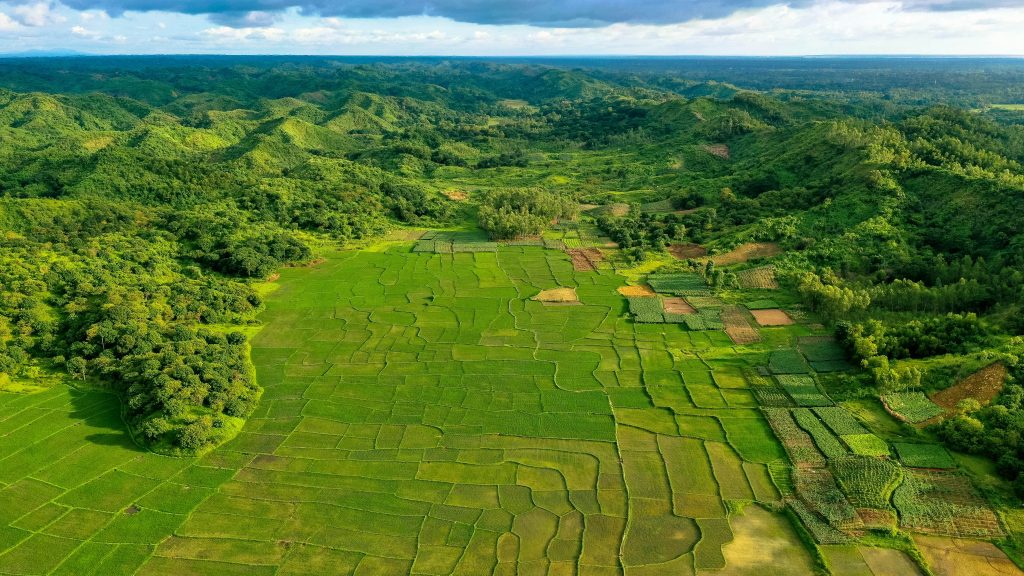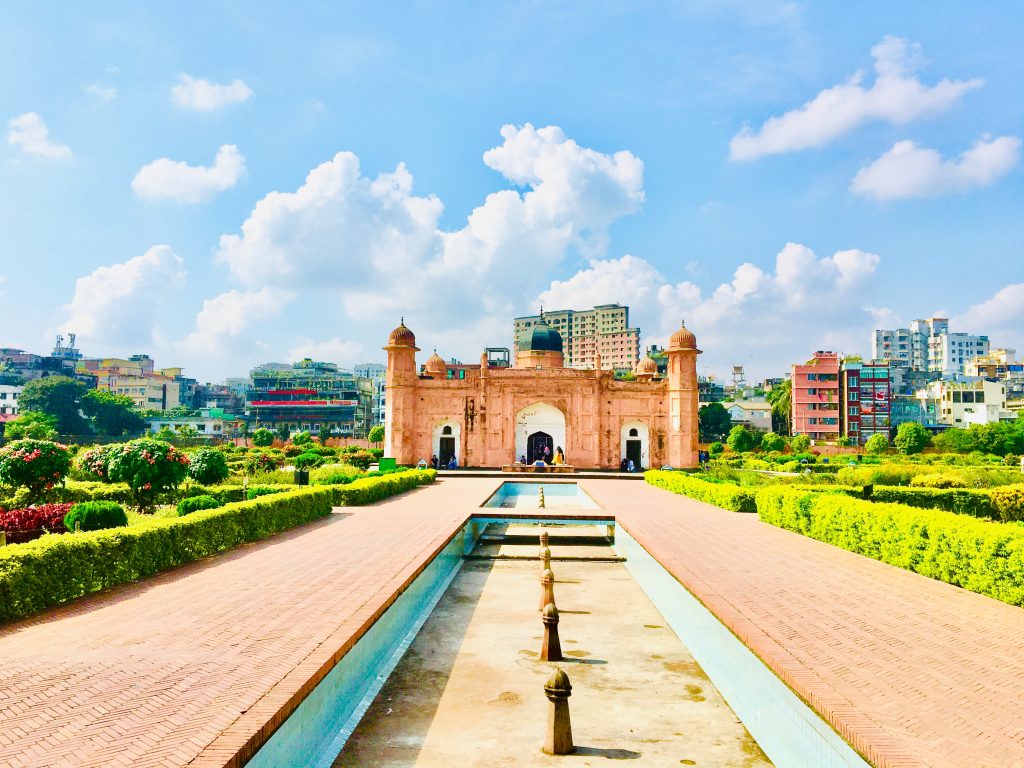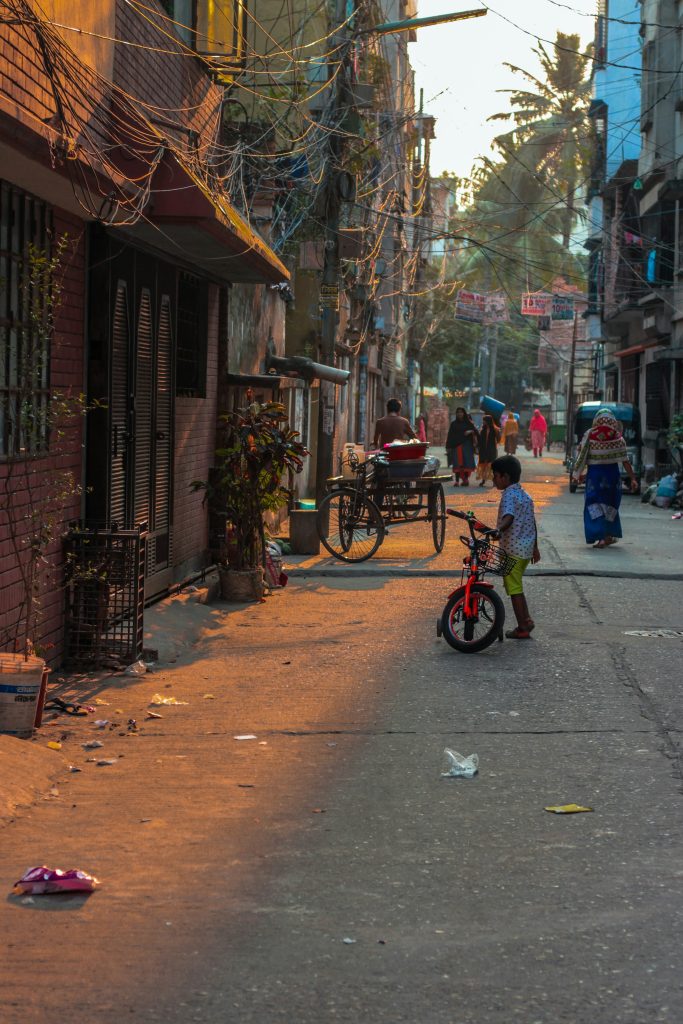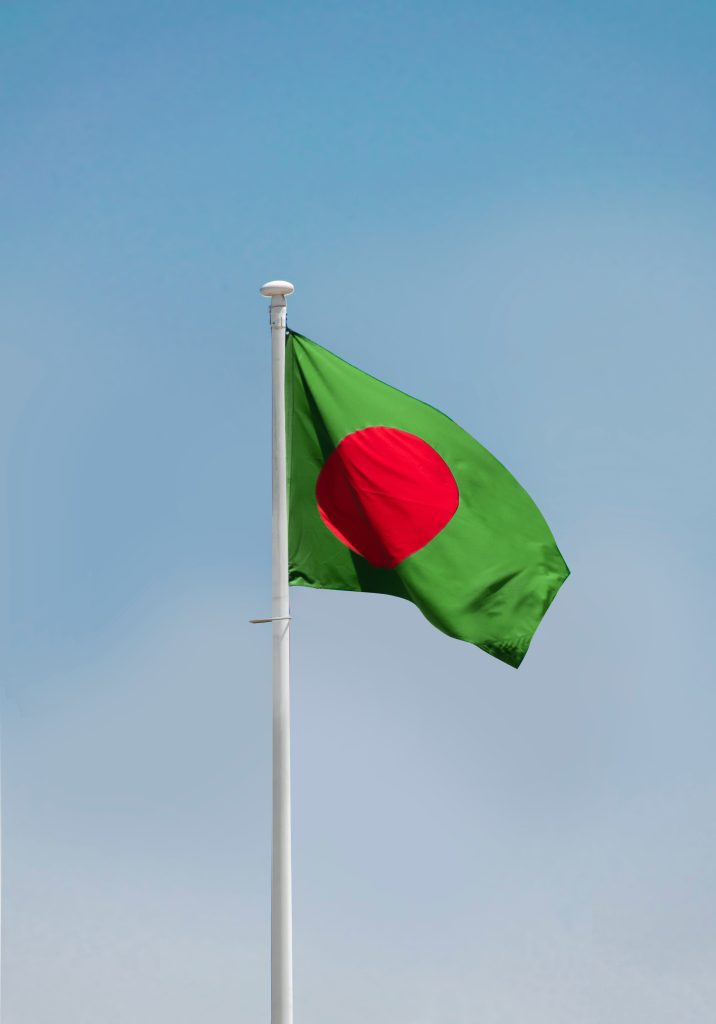November the 20th, 2023 – The Zagreb Bangladeshi Consulate has now opened, as this gigantic Asian economy strengthens its relationship with Croatia.
As Poslovni Dnevnik/Mladen Miletic writes, current predictions allege that by the year 2035, Bangladesh will become a trillion dollar economy. Its “Asian Tiger” economy is classified as the fastest growing in all of South Asia.
Once a country stricken by poverty, Bangladesh is now associated with textiles and agriculture, huge exports, and more recently – power and progress. It’s all been very gradual, but it’s extremely visible. This country, which has a GDP amounting to almost 453 billion dollars, and which boasts an economy that has been growing by an average of 6% annually over the last decade, opened the Zagreb Bangladeshi Consulate recently.
The first consul of the Zagreb Bangladeshi Consulate is Nenad Črnac, a 47-year-old businessman from Rijeka. During his visits to the capital of that country of 170 million people, he became convinced that Bangladesh has the potential to become a partner country for Croatia with its economy, finished products and various types of services. All of that comes with the possibility of increasing the scope and variety of jobs.
Bangladesh has huge potential for Croatia

“When you look at it from our general perspective, Bangladesh probably doesn’t have a public image which does its real numbers and strength justice. It is no longer a poor, neglected country, but a society and economy that is constantly changing and expanding. As a result, huge companies have sprouted up there, and it has a size which is difficult for us to imagine.
How great the potential of Bangladesh and its economy actually is, is best illustrated by information about one of their companies in the food production and sales sector. It directly employs 125,000 workers and cooperates with more than 100,000 farmers, OPGs (family farms) and food producers from which it purchases food products.
“That particular company has been the largest exporter in the country for the last eighteen years now, and its products are used by a billion people across the world. That company has been expressing a lot of interest in coming to the Croatian market, and is a supplier of goods for the world’s largest chains of the food, retail, and discount industries. One such retail chain that operates throughout Europe, including here in Croatia, where it is probably among the five largest, has 5% of goods produced in Bangladesh on its shelves. There’s not only food, but also textiles and similar products. Basically, preliminary talks have been held with the important people of that company, and it can be estimated that soon, when they come to Croatia, they will successfully negotiate with potential partners here. Companies of this type already work in Germany and in northern Europe. It’s time to bring them to Croatia,” said Črnac, whose goal, in addition to everything he will be dealing with, is the proper valorisation of the Port of Rijeka from the perspective of Bangladeshi business and, above all, exports to the EU.
The eighth most populous country on earth

“From the Croatian perspective, Bangladesh is a potential partner of the Port of Rijeka. After the modernisation process it just went through, it could become a logistics hub for part of the transport of agricultural and textile products, as well as for container traffic from Bangladesh to the EU. More specifically, for central and southern Europe. Currently, Bangladeshi goods come to this part of Europe through the Port of Koper. Our goal is to include the Port of Rijeka on that map. I’m going to dedicate myself to that as much as possible”, stated Črnac.
Bangladesh is the eighth most populous country in the world, and creating a large domestic market for goods and services is one way such a large population benefits the economy. This helps stimulate business growth and job creation, especially in the manufacturing and service sectors. In addition, Bangladesh has a relatively young population, with a median age of only 27 years.
“This means that the country has a large, numerous, growing workforce that supports further economic growth and development,” said Črnac, before adding that Bangladesh annually exports goods worth 12 billion euros to Germany, while only 30 million euros of goods are exported to Croatia. A negligible 3 million euros goes annually from Croatia to Bangladesh. From all these figures, Ambassador Hamidullah and Honorary Consul Črnac have recognised a huge amount of potential for improving trade balances, especially if another component is taken into account – the geographical position of both countries.
Both Bangladesh and Croatia have strategic locations within their respective continents

“Bangladesh has a strategic geo-location in Asia, and this is also true for Croatia in this part of Europe. We do not use our comparative advantage properly, unlike the Netherlands, which has a trade exchange with Bangladesh measured in billions of euros. Precisely because I believe that we can and must do much better, for our mutual benefit, I want to encourage Croatian and Bangladeshi businessmen to recognise business opportunities”, said Črnac.
He further explained that the strengthened middle class of the Bangladeshi population, with financial potential greater than it was before, will surely want travel to Croatia for leisure in the near future as well, for which the newly opened Zagreb Bangladeshi Consulate will provide a sense of a security. There’s a rapidly growing middle class population, which offers a significant market for business and tourism alike.
“Tourism, in which Croatia is extremely successful, is also a topic for Bangladesh. The Bangladeshi middle class will soon start travelling more en masse across Europe, and that’s why we need to create the conditions for bringing them to Croatia,” said Črnac.
Ambassador Hamidullahi believes that the large, fast, dynamic economic growth, which accompanies the stability of the country and the political system, makes Bangladesh an increasingly attractive investment destination. About twenty years ago, business in the telecommunications sector even managed to bring the Norwegians to that country.
“For us, this is recognition, both as a market and as a country that seriously accepts investors. The Norwegian telecom operator Telenord is one of the largest and best telecom operators on a global level today. We’re a country where investments pay off, investment returns are high, and our relations with the EU are constantly growing”, said H.E. Ambassador Hamidullah, explaining that Dhaka, the capital of Bangladesh, has been experiencing significant economic growth over more recent years.
Dhaka’s GDP is constantly increasing

“Dhaka’s GDP is constantly increasing, with the textile, clothing and pharmaceutical industries driving the growth. With a population of more than 20 million, Dhaka has become one of the most densely populated cities in the whole world,” he stated. Along with agriculture, the textile industry plays a key role in Bangladesh’s economy and is a major source of foreign exchange earnings. The textile industry employs millions of Bangladeshis, as many as 4 million of them go to work in various textile factories every day, and the country is now, with revenues of 42 billion dollars, the world’s second exporter of clothing, right after China. About 60% of those goods are exported to Europe.
“Until recently, let’s say until abour 20 years ago, it was unthinkable that Bangladesh would get so close to China in this regard,” said the ambassador. It also explains the importance of labour force exports, which has made Bangladesh a world leader for very many years. “Bangladeshi men and women are employed in various industries around the world, from construction to healthcare to technology. Bangladesh’s abundant labour force makes it a top choice for companies looking to source labour outside their borders. The Government of Bangladesh is proactively promoting the country as a source of manpower through various training and skill development programmes. According to current estimates, the number of workers abroad is 12% of the total GDP”, the ambassador revealed. Consul Črnac then added one more interesting thing:
“If we exclude the non-EEA countries in Croatia’s immediate region region, such as Bosnia and Herzegovina, Serbia, Macedonia and Kosovo, Bangladesh is the fifth exporter of labour present in Croatia. This trend, due to good mutual experiences and mutual satisfaction, will only continue”.
Will the new Zagreb Bangladeshi Consulate see visa simplification for workers?

The visa centre of Saudi Arabia in Dhaka currently issues 5,000 work permits every single day to Bangladeshi nationals, so that they may go and work on the largest construction sites of one of the richest countries in the world. “We’re working to simplify the visa regime between Croatia and Bangladesh. The plan is to open a Croatian visa centre in Dhaka, modelled after the Saudi one.
Bangladeshis aren’t only high-quality construction workers and farmers, but also good workers in the metal-technical industry, with a lot of tradition and knowledge in these fields. A special story in itself is the one about the IT industry in Bangladesh, which has been experiencing strong growth over the past few years. The government actively supports the IT sector by providing various incentives, such as tax exemptions, soft loans and the establishment of technology parks.
These measures, together with a large group of talented IT experts in the country and lower living costs, contribute to the growth of the IT sector and the planned number of 200,000 new IT experts by 2025. In this regard, there are many reasons for further cooperation between Croatia and Bangladesh, which the new Zagreb Bangladeshi Consulate will ensure.










